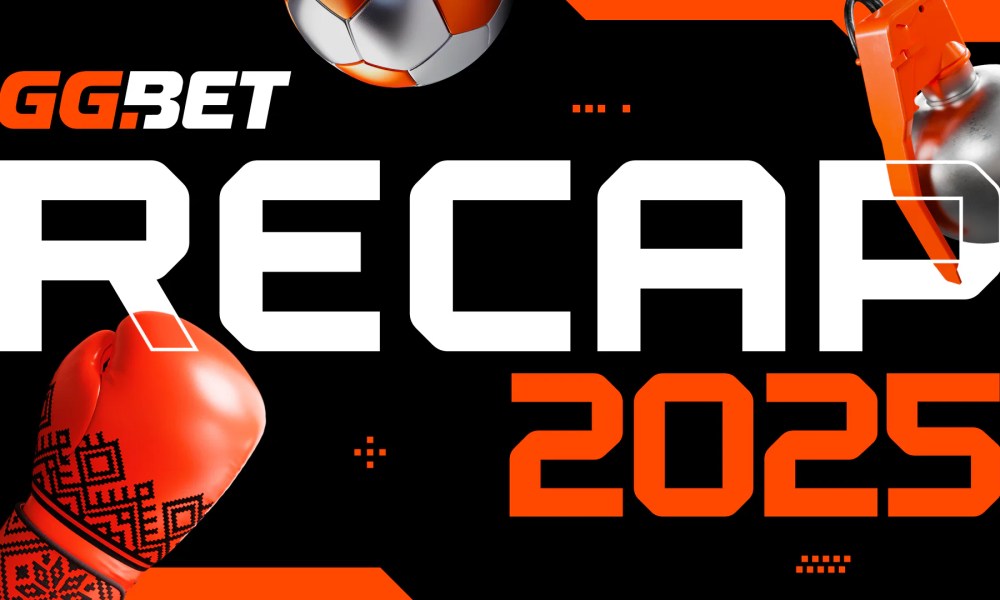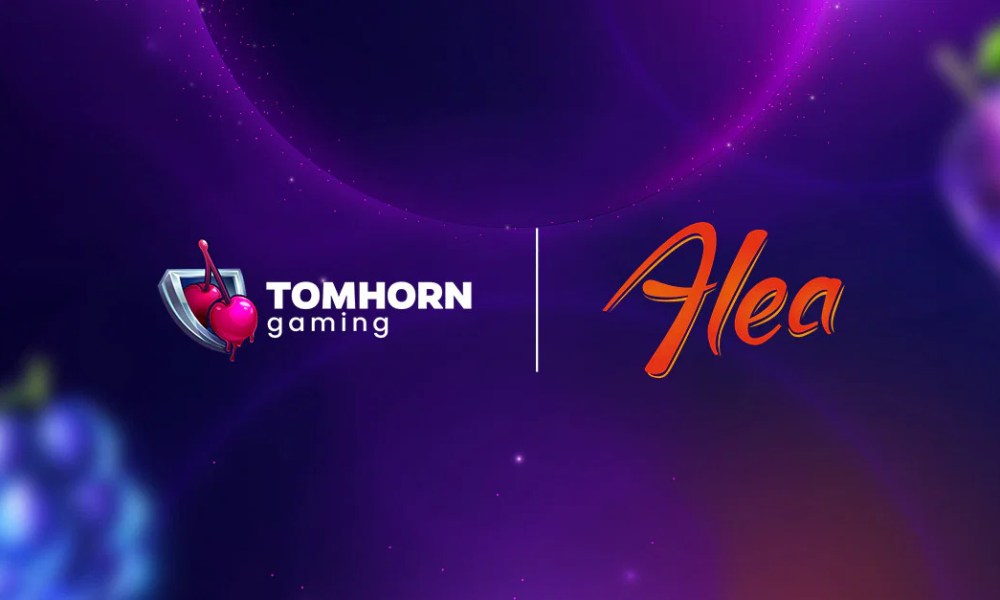Latest News
Christine Giampaoli Zonca joins Veloce Racing for 2022 Extreme E campaign
Italian-Canarian driver welcomed by London-based squad for renewed bid in the all-electric off-road championship
The future of Veloce Racing’s Extreme E outfit has been revealed today (Thursday, 6 January) as Christine Giampaoli Zonca – or Christine GZ as she is otherwise known – joins one of the most revolutionary motorsport teams in the industry.
A brilliant second-place finish in Senegal behind eventual champions RXR was undoubtedly the highlight of Veloce’s inaugural season in Extreme E, while pacey outings in Greenland, Sardinia and Dorset showed that the London-based squad has the speed to consistently compete at the sharp end.
DECEMBER 18: Jamie Chadwick (GBR)/Lance Woolridge (ZAF), Veloce Racing during the Jurassic X-Prix on December 18, 2021. (Photo by Sam Bloxham / LAT Images)
After an auspicious first year in the series, Veloce and Competition Partner ART Grand Prix are looking ahead to 2022, aiming to build on the promising foundations laid by the partnership last season.
Having made her full-time debut in 2014, Christine GZ boasts an impressive off-road résumé. She has participated in a number of high-profile events in recent years, notching a seventh-place finish at the infamous Baja 1000 and third in the T2 category of the Andalucía Road to Dakar Rally.
Together with Christine and its yet to be announced male driver, Veloce Racing is confident that a combination of ultra-skilled racers and a highly ambitious team behind the scenes will yield eye-catching results in 2022.
Christine GZ, Driver, Veloce Racing said: “I’m so excited to be joining Veloce Racing this year! They did an amazing job last season after a really tough start in Saudi Arabia, the car looked really competitive across 2021.
“I learnt a lot last year and I think that’s important going into Extreme E’s second season. Together with the team, I think we can achieve great things and we’ll definitely be targeting podiums and more!”
Rupert Svendsen-Cook, Team Principal, Veloce Racing added: “Just like Extreme E has learnt and evolved, so have we as a team at Veloce. From a driving as well as a team perspective, the challenges of the series are unique in the world of motorsport – when you consider the very limited mileage achieved throughout a race weekend and ultimately the season, in a totally ‘lift the blindfold and go’ race weekend format with no permitted prior circuit layout knowledge, terrain info or pace notes.
“Naturally this element will become less of a factor in time as we become accustomed to the cars and all teams refine the best way to approach Extreme E’s format – but the ‘reaction to the random’ element as currently implemented is one of the most influential to performance in our analysis. With a very short break between Season 1 and 2, we’ve not backed off to ensure we kick off 2022 on the right foot and Christine GZ stood out as a driver above all others, who with very limited mileage, made very impressive as well as rapid progress in 2021.
“For us, Christine’s talent is certain, and we’re committed to maximising her potential through further development to ensure we capitalise on that for our shared success. We’re delighted to welcome Christine to our very close knit Veloce family and we’re excited for what the future holds for us together.”

Latest News
Meridianbet Doubles Down on Belgium: New Casino License Unlocks €455m Market Segment
Editor’s Take
Why this matters: This is a classic “Cross-Sell” play. Meridianbet has already spent seven years building a sports betting database in Belgium. By securing this B+ license, they can now monetize those same users with higher-margin casino products (slots, table games) without needing to acquire new traffic from scratch. With the Belgian casino sector growing at 20% year-over-year, this is a significant revenue unlock for the GMGI portfolio.
The Full Story
Meridianbet, the sports betting and gaming operator owned by Golden Matrix Group Inc. (NASDAQ: GMGI), has successfully expanded its regulatory footprint in Europe by securing a B+ online gaming license in Belgium.
The new license (B+ 4016) authorizes the company to launch a comprehensive online casino platform—featuring slots, table games, and automated live games—starting in January 2026. This move significantly broadens the operator’s capabilities in the country, complementing its existing sports betting operations which have been active in the Belgian market for seven years.
Targeting the Largest Market Segment The strategic rationale behind the license is clear: Casino is now the dominant force in Belgian gambling. According to the Belgian Gaming Commission, the online casino vertical generated €455 million in Gross Gaming Revenue (GGR) in 2023, representing a 20.2% year-over-year increase.
By entering this vertical, Meridianbet gains access to the largest and fastest-growing segment of a market that generated a total of €944.6 million last year.
Tech-First Entry Meridianbet plans to deploy its proprietary AI Casino Recommender technology for the Belgian launch. This system analyzes player behavior and preferences in real-time to deliver personalized game suggestions, a crucial differentiator in a highly concentrated market where just ten operators account for 94% of all online wagers.
Regulatory Context Belgium is known for having one of Europe’s strictest regulatory frameworks, characterized by rigorous compliance standards and player protection protocols. Securing this license validates Meridianbet’s operational standards and deepens its foothold in a “mature” market that is notoriously difficult for new entrants to penetrate.
The post Meridianbet Doubles Down on Belgium: New Casino License Unlocks €455m Market Segment appeared first on Gaming and Gambling Industry Newsroom.
Latest News
LinkDataMedia Drops ‘Startup’ Look with Major 5th Anniversary Rebrand
Editor’s Take
Why this matters: In the iGaming affiliate space, the five-year mark is a critical survival threshold. Many media startups fade away before reaching it. LinkDataMedia’s decision to rebrand now is a classic “graduation” signal. By shedding their startup skin for a more corporate, “blue-chip” aesthetic (the stability-focused blue triangle), they are telling operators and partners that they are no longer just an affiliate project, but a stable infrastructure partner ready for larger commercial deals.
The Full Story
LinkDataMedia, the parent company behind the popular affiliate portal Gamblers Connect, has announced a comprehensive corporate rebrand to coincide with its fifth anniversary.
The overhaul includes a completely refreshed brand identity, a redesigned logo, and a fully revamped website, all of which are now live. The move is described by the company not as a mere cosmetic update, but as a strategic pivot designed to distance the business from its “startup roots” and reflect its current status as an established player in the competitive iGaming media landscape.
Visualizing Maturity The new visual language features a modernized blue triangular logo, a shape chosen to represent “stability and forward momentum.” The digital user experience has also been streamlined, offering partners a cleaner interface that aligns better with the company’s matured operational capabilities.
Management Commentary Gjorgje Ristikj, Founder and CEO of LinkDataMedia, commented on the significance of hitting the half-decade milestone in such a volatile industry:
“Surviving the first five years in business takes more than luck. It takes belief, resilience, and the right people around you. This milestone, and the rebrand, reflect exactly that.”
Implementation The new branding has already been deployed across the main corporate website and is currently being rolled out across LinkDataMedia’s social media channels and internal communication platforms. As the company enters its sixth year, the refreshed identity aims to set the stage for a new phase of expansion and innovation.
The post LinkDataMedia Drops ‘Startup’ Look with Major 5th Anniversary Rebrand appeared first on Gaming and Gambling Industry Newsroom.
Latest News
Win Systems to Debut New ‘Gold Club Colors’ and WIGOS Upgrades at ICE Barcelona
Editor’s Take
Why this matters: As ICE makes its historic move to Barcelona, established tech providers like Win Systems are under pressure to bring their “A-game” to the larger venue. The focus here isn’t just on cabinets; it’s the ecosystem. By highlighting WIGOS (their CMS) alongside WIN PAY, Win Systems is positioning itself as an infrastructure partner, not just a hardware supplier. The debut of the Gold Club Colors roulette specifically targets the growing demand for visually customizable electronic table games (ETGs).
The Full Story
Win Systems, the global provider of technology for the gaming and entertainment industry, has confirmed its product roadmap for ICE Barcelona 2026, the sector’s most significant international event taking place from January 19 to 21.
Exhibiting at Stand 3M30 at the Fira Barcelona Gran Via, the company will leverage the new venue to showcase a broad portfolio designed to cover the entire casino floor—from management systems to the gaming floor itself.
Systems and Fintech At the core of the showcase is WIGOS, the company’s flagship Casino Management System (CMS). WIGOS is widely recognized for connecting thousands of machines across multiple countries, and the Barcelona display will focus on advanced tools that streamline daily operations and optimize player retention.
Complementing the CMS, Win Systems will present WIN PAY, its secure transaction platform. As cashless and seamless payment solutions become standard requirements for operators, WIN PAY offers the necessary efficiency and security controls for modern gaming environments.
Hardware: Roulette and Slots On the hardware side, Win Systems is refreshing its electronic table game offering with the new Gold Club Colors electronic roulette. The Gold Club line has long been a staple in the company’s portfolio, known for its compact footprint and reliability; the “Colors” iteration promises to maximize visual impact on the floor.
Alongside the roulette, the company will display its latest slot hardware, including the Sublime and Rhapsody cabinets. These units are designed to house the company’s extensive game library, which has been adapted to suit diverse market profiles from Europe to Latin America.
Strategic Goals Win Systems aims to use the three-day event to reinforce its 30-year legacy in the industry. The company described its participation as a commitment to “continuous innovation,” inviting operators and regulators to explore how their integrated solutions can improve in-room performance.
The post Win Systems to Debut New ‘Gold Club Colors’ and WIGOS Upgrades at ICE Barcelona appeared first on Gaming and Gambling Industry Newsroom.
-

 Latest News2 weeks ago
Latest News2 weeks agoSCCG Announces Strategic Partnership with Yellow Elephant Studios to Expand Multi-Channel Gaming Content Worldwide
-
Latest News3 months ago
Announcement: 25th September 2025
-
Latest News2 months ago
JioBLAST Launches All Stars vs India powered by Campa Energy: A New Era of Creator-Driven Esports Entertainment
-
eSports1 month ago
CS:GO Betting Gains Momentum in the iGaming Sector
-
Latest News3 months ago
The Countdown is On: Less Than 3 Months to Go Until The Games of The Future 2025 Kicks Off in Abu Dhabi
-
Latest News3 months ago
Evolution launches Sneaky Slots — a Bold New Slot Studio
-
Latest News3 weeks ago
THE 2025 PUBG MOBILE GLOBAL CHAMPIONSHIP GROUP STAGE WRAPS UP WITH LAST CHANCE IN SIGHT
-
Latest News3 months ago
Leading The Charge! Euronics Group Joins LEC As Official Electronics Retail Partner













You must be logged in to post a comment Login